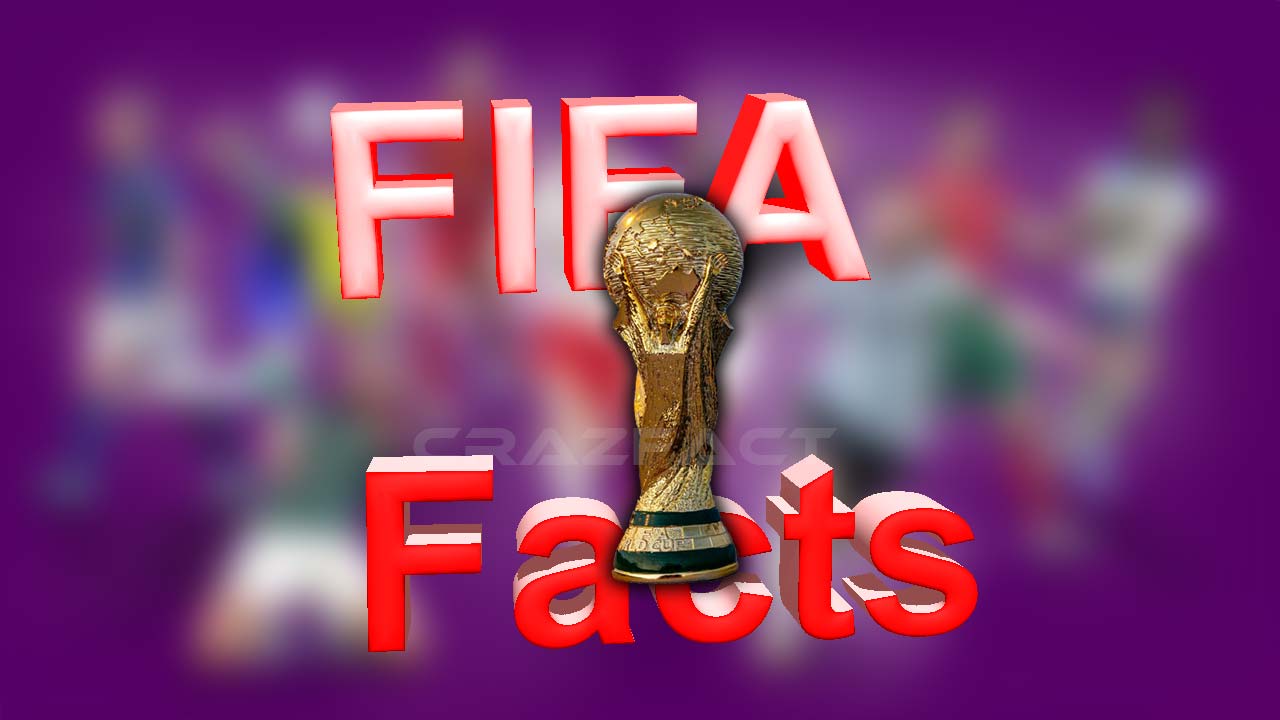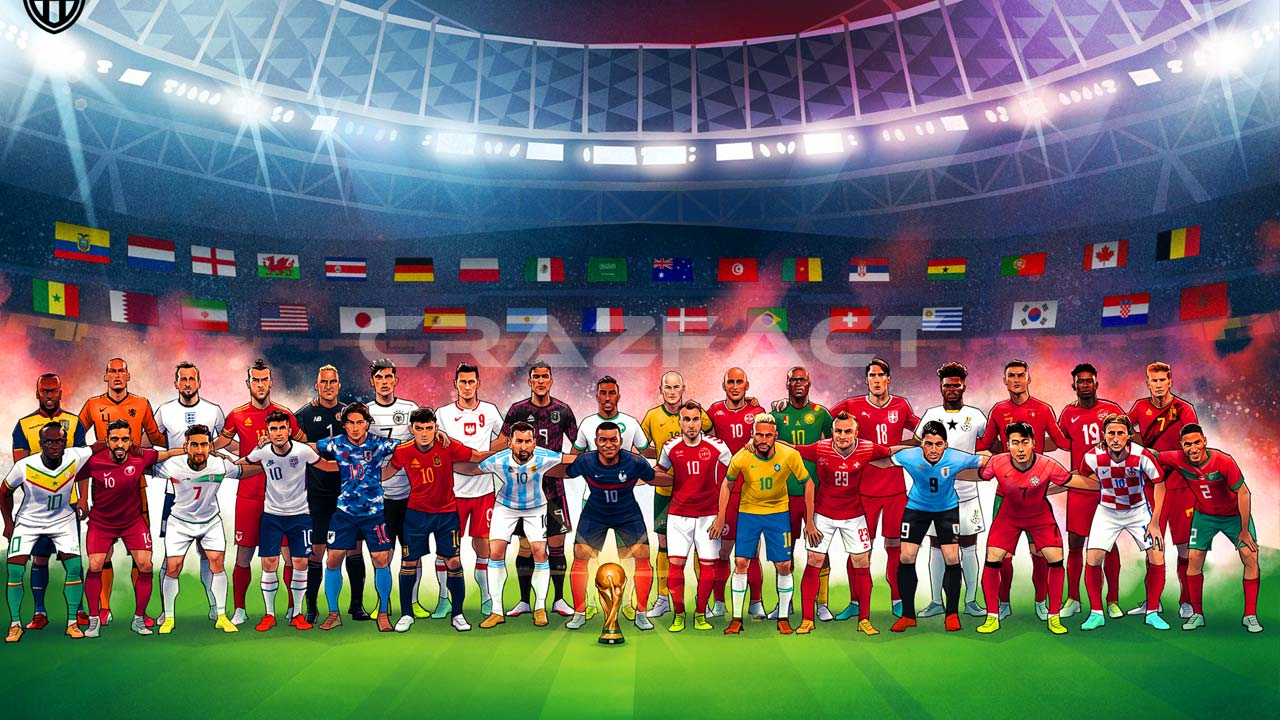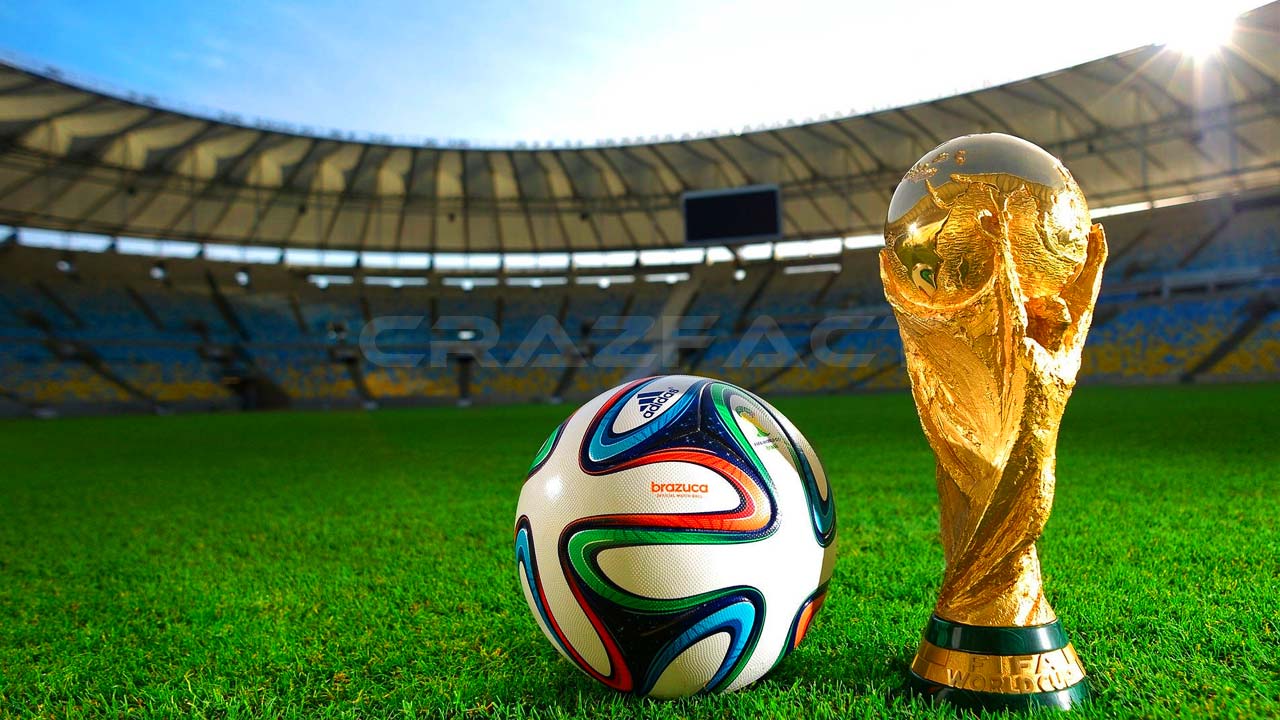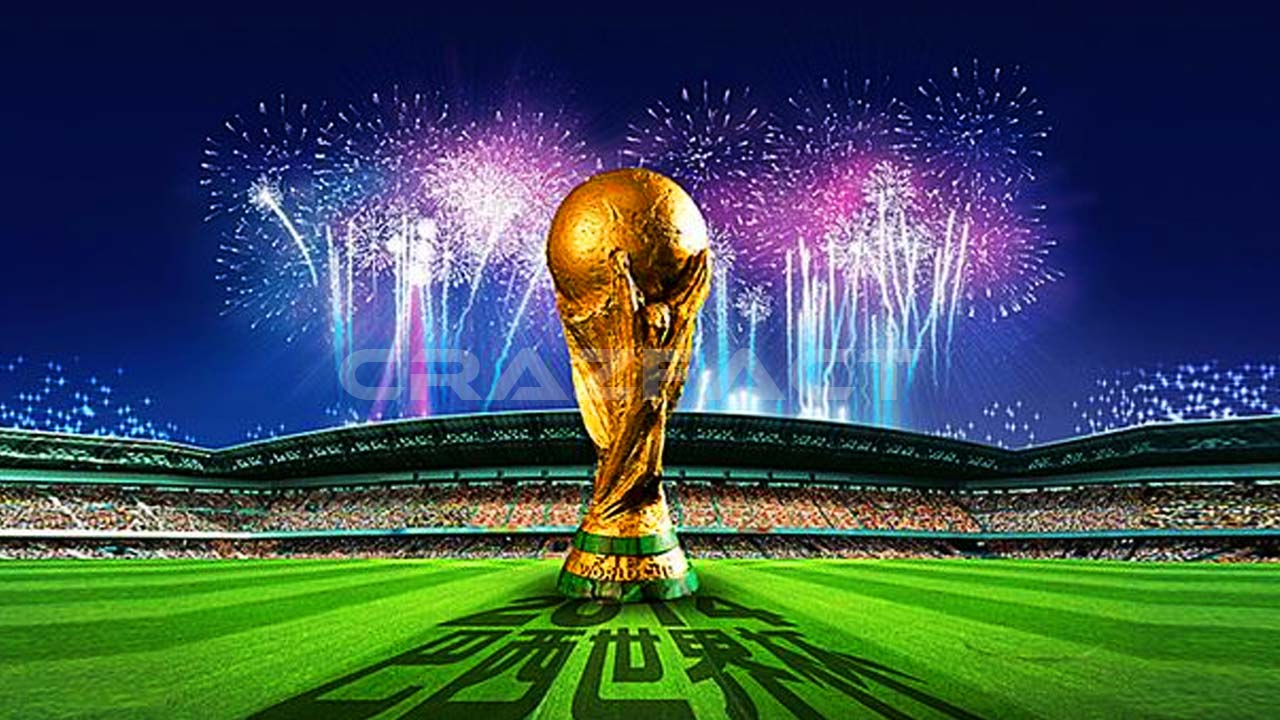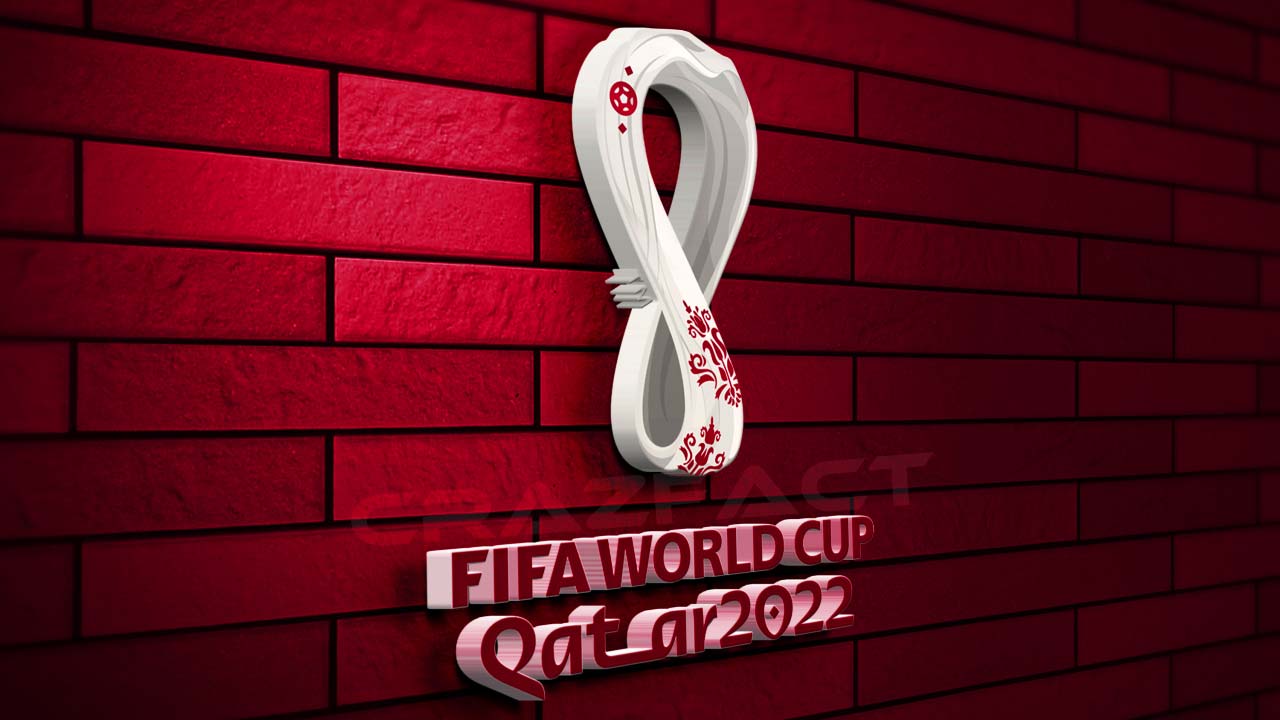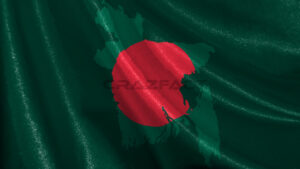The FIFA World Cup is the most prestigious tournament in international soccer, held every four years. Teams from around the world compete in a series of qualifying matches to earn a spot in the tournament, with 32 teams ultimately competing in the final tournament held in a host country. The World Cup is known for its exciting matches, passionate fans, and the opportunity for countries to showcase their soccer talent on the global stage. The tournament culminates with the final match, where the champion team is awarded the coveted World Cup trophy.
- The FIFA World Cup is the most widely followed and popular international football tournament.
- The tournament is organized by the Fédération Internationale de Football Association (FIFA).
- The first World Cup was held in 1930 in Uruguay.
- The current champion is France, who won the 2018 World Cup.
- The next World Cup will be held in Qatar in 2022.
- The World Cup is held every four years, with the exception of 1942 and 1946 due to World War II.
- The most successful team in World Cup history is Brazil, with a record five championships.
- The current format of the tournament includes 32 teams from different countries.
- The teams are divided into eight groups of four, with the top two teams from each group advancing to the knockout stage.
- The final match of the tournament is known as the World Cup Final.
- The winner of the World Cup is awarded the FIFA World Cup Trophy.
- The World Cup is the most widely viewed and followed sporting event in the world, with an estimated 715.1 million people watching the final match of the 2018 tournament.
- The World Cup is also the most expensive sporting event in the world, with an estimated cost of over $14 billion for the 2018 tournament.
- The World Cup has been held in different countries, including Brazil, Italy, Germany, and South Africa.
- The first World Cup was won by Uruguay, who defeated Argentina 4-2 in the final.
- Brazil has the most World Cup wins, with five championships in 1958, 1962, 1970, 1994, and 2002.
- The World Cup has been won by teams from Europe, South America, and North America.
- The World Cup has been won by teams from Africa and Asia only once, by France in 1998 and South Korea respectively.
- The most goals scored in a single World Cup tournament is 171, which occurred in the 2014 tournament in Brazil.
- The most goals scored in a single World Cup match is 10, which occurred in the 1954 match between Austria and Switzerland.
- The most goals scored by a single player in a World Cup tournament is 16, which was achieved by Just Fontaine of France in 1958.
- The most goals scored by a single player in a World Cup career is 15, which was achieved by Miroslav Klose of Germany.
- The most goals scored by a single team in a World Cup tournament is 27, which was achieved by Hungary in 1954.
- The most goals scored by a single team in a World Cup match is 10, which was achieved by Hungary in their match against El Salvador in 1982.
- The World Cup has been held in stadiums with capacities ranging from 30,000 to over 80,000.
- The 2018 World Cup final was held at the Luzhniki Stadium in Moscow, Russia, with a capacity of 81,000.
- The World Cup has been sponsored by major companies such as Coca-Cola, Visa, and Adidas.
- The World Cup has been broadcasted on television in over 200 countries.
- The World Cup has been broadcasted on radio in over 100 countries.
- The World Cup has been streamed online on platforms such as YouTube and Facebook.
- The World Cup has been covered by thousands of journalists from around the world.
- The World Cup has been attended by millions of fans from around the world.
- The World Cup has been the subject of hundreds of books, documentaries, and films.
- The World Cup has been the subject of numerous video games, including the FIFA series and Pro Evolution Soccer.
- The World Cup has been the subject of numerous songs and anthems, including “The World Is Ours” by David Correy and “Waka Waka” by Shakira.
- The World Cup has been the subject of numerous memes and viral videos.
- The World Cup has a mascot, which changes for each tournament. The 2018 World Cup mascot was Zabivaka the wolf.
- The World Cup has a theme song, which changes for each tournament. The 2018 World Cup theme song was “Live It Up” by Nicky Jam, Will Smith, and Era Istrefi.
- The World Cup has a slogan, which changes for each tournament. The 2018 World Cup slogan was “Live Your Goals”.
- The World Cup has a logo, which changes for each tournament. The 2018 World Cup logo featured a stylized depiction of the world with the colors of the Russian flag.
- The World Cup has a ball, which changes for each tournament. The 2018 World Cup ball was the Adidas Telstar 18.
- The World Cup has a trophy, which is the FIFA World Cup Trophy. The trophy is made of 18-karat gold and is 36.8 centimeters tall.
- The World Cup has a match schedule, which is usually released a few months before the tournament starts.
- The World Cup has a team schedule, which is usually released a few days before the tournament starts.
- The World Cup has a referee schedule, which is usually released a few days before the tournament starts.
- The World Cup has a match ball schedule, which is usually released a few days before the tournament starts.
- The World Cup has a ticketing system, which allows fans to purchase tickets for matches.
- The World Cup has a volunteer program, which allows people to participate in the tournament in various roles such as ticket sellers and translators.
- The World Cup has a fan zone, a designated area for fans to gather and watch matches on big screens.
- The World Cup has a merchandise line, which includes shirts, hats, scarves, and other items.
- The World Cup has a trophy tour, which allows fans to see the trophy in various cities around the world.
- The World Cup has a trophy ceremony, which takes place after the final match and awards the trophy to the winning team.
- The World Cup has a medal ceremony, which takes place after the final match and awards medals to the players of the winning and runner-up teams.
- The World Cup has a closing ceremony, which takes place after the final match and marks the end of the tournament.
- The World Cup has a legacy, which includes infrastructure improvements and increased tourism in the host country.
- The World Cup has a financial impact, which includes increased revenue for the host country and FIFA.
- The World Cup has a cultural impact, which includes an increased interest in football and national pride in the host country.
- The World Cup has a political impact, which includes increased diplomatic relations and the potential for controversy.
- The World Cup has a social impact, which includes increased community engagement and the potential for social change.
- The World Cup has a historical impact, which includes the creation of memorable moments and the shaping of football history.
- The World Cup has a personal impact, which includes the creation of lifelong memories for fans and players.
- The World Cup has a global impact, bringing together people from different cultures and backgrounds to celebrate the beautiful game.
- The World Cup has a media impact, with extensive coverage from television, print, and digital media outlets from around the world.
- The World Cup has a sponsorship impact, with companies and brands paying large sums of money to be associated with the tournament.
- The World Cup has a betting impact, with people all over the world placing bets on the outcome of matches.
- The World Cup has a technological impact, with advancements in broadcasting and streaming technology allowing for more immersive and interactive viewing experiences.
- The World Cup has a fan culture, with supporters of different teams coming together to share their passion for the game.
- The World Cup has a fan travel industry, with fans traveling from all over the world to attend matches and events.
- The World Cup has a security impact, with increased security measures in place to ensure the safety of fans and players.
- The World Cup has a tourism impact, with the tournament bringing in millions of tourists to the host country.
- The World Cup has a legacy program, which focuses on leaving a positive impact on the host country after the tournament is over.
- The World Cup has a sustainability program, which aims to minimize the environmental impact of the tournament.
- The World Cup has a charity component, with FIFA and the host country often supporting charitable causes during the tournament.
- The World Cup has a food and drink culture, with traditional foods and drinks from the host country being served at matches and events.
- The World Cup has a fashion and style culture, with fans often dressing in their team’s colors and wearing merchandise.
- The World Cup has a musical culture, with traditional music and songs from the host country being played at matches and events.
- The World Cup has a social media impact, with the tournament trending on platforms such as Twitter and Instagram during the match.
- The World Cup has a virtual reality component, with virtual reality technology used to enhance fans’ viewing experience.
- The World Cup has a gaming component, with video games being created and released to coincide with the tournament.
- The World Cup has a film and documentary component, with documentaries and films being produced to document the tournament.
- The World Cup has a literary component, with books and articles being written about the tournament and its history.
- The World Cup has a museum component, with museums and exhibitions dedicated to the tournament and its history.
- The World Cup has a fan park component, with designated areas set up for fans to watch matches and participate in activities.
- The World Cup has a fan village component, with designated areas set up for fans to enjoy food, drink, and entertainment.
- The World Cup has a fan walk component, with designated areas set up for fans to walk and explore the host city.
- The World Cup has a fan zone component, with designated areas set up for fans to watch matches and participate in activities.
- The World Cup has a fan fest component, with designated areas set up for fans to enjoy food, drink, and entertainment.
- The World Cup has a fan embassy component, with designated areas set up for fans to get information and assistance during the tournament.
- The World Cup has a fan park component, with designated areas set up for fans to watch matches and participate in activities.
- The World Cup has a fan village component, with designated areas set up for fans to enjoy food, drink, and entertainment.
- The World Cup has a fan walk component, with designated areas set up for fans to walk and explore the host city.
- The World Cup has a fan zone.
- The World Cup has a volunteer program, with thousands of volunteers helping to make the tournament a success.
- The World Cup has a cultural program, with events and performances showcasing the host country’s culture.
- The World Cup has a hospitality program, with hotels and accommodations being provided for teams, officials, and VIPs.
- The World Cup has a transportation program, with transportation being provided for teams, officials, and VIPs.
- The World Cup has a medical program, with medical staff and facilities being provided for teams, officials, and fans.
- The World Cup has a legacy fund, which is used to invest in the host country’s infrastructure and development.
- The World Cup has a sustainability fund, which is used to invest in projects that promote sustainability and environmental protection.
- The World Cup has a long-lasting impact on the host country, with the tournament leaving a lasting legacy in terms of infrastructure, tourism, and economic development.
FIFA World Cup date list & Host Country Name?
- 1930 – July 13 – July 30
- 1934 – May 27 – June 10
- 1938 – June 4 – June 19
- 1950 – June 24 – July 16
- 1954 – June 16 – July 4
- 1958 – June 8 – June 29
- 1962 – May 30 – June 17
- 1966 – July 11 – July 30
- 1970 – May 31 – June 21
- 1974 – May 26 – June 10
- 1978 – June 1 – June 25
- 1982 – June 13 – July 11
- 1986 – May 31 – June 29
- 1990 – June 1 – July 8
- 1994 – June 17 – July 17
- 1998 – June 10 – July 12
- 2002 – May 31 – June 30
- 2006 – June 9 – July 9
- 2010 – June 11 – July 11
- 2014 – June 12 – July 13
- 2018 – June 14 – July 15
- 2022 – November 21 – December 18
- 2026 – To be announced
Host Country Name
- Uruguay
- Italy
- France
- Brazil
- Switzerland
- Sweden
- Chile
- England
- Mexico
- West Germany
- Argentina
- Spain
- Mexico
- Italy
- United States
- France
- South Korea and Japan
- Germany
- South Africa
- Brazil
- Russia
- Qatar
- USA, Canada, and Mexico
The budget for the 2022 FIFA World Cup in Qatar is estimated to be around $8 billion. This includes the cost of building and upgrading infrastructure, such as stadiums and transportation systems, as well as the costs of hosting the tournament itself, including security, accommodation for teams and fans, and other logistical expenses. However, this figure is subject to change as the tournament approaches and final costs are calculated.

